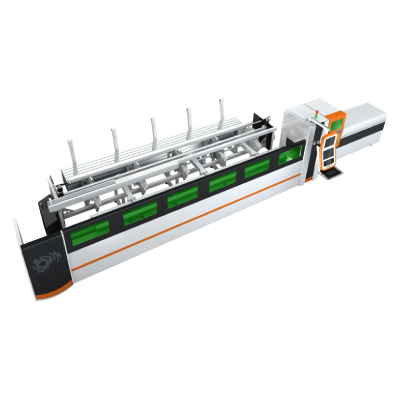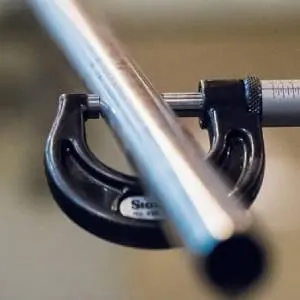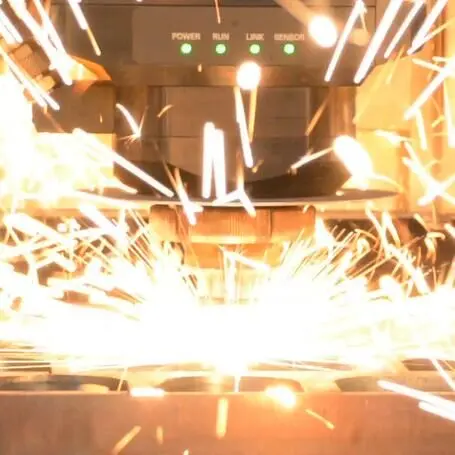****
In recent years, the manufacturing industry has witnessed a significant transformation driven by advancements in technology. One of the most impactful innovations has been the emergence of the CNC fiber laser cutter. This state-of-the-art machinery combines precision, speed, and versatility, revolutionizing how materials, especially metal, are processed in various industries. In this article, we will explore the advantages of CNC fiber laser cutters, their applications, and why they are becoming the go-to solution for metal fabrication.

Revolutionizing Metal Fabrication: The Advantages and Applications of CNC Fiber Laser Cutters in Modern Industry
**Understanding CNC Fiber Laser Cutters**
CNC (Computer Numerical Control) fiber laser cutters utilize a focused beam of light created by a fiber laser to cut through materials. Unlike traditional cutting methods that rely on mechanical means, fiber laser cutting employs high-intensity light to melt, burn, or vaporize the material, producing clean and intricate cuts with minimal wastage. The CNC aspect means that the process is automated and can be controlled via computer programming, ensuring precision and repeatability.

Revolutionizing Metal Fabrication: The Advantages and Applications of CNC Fiber Laser Cutters in Modern Industry
**Advantages of CNC Fiber Laser Cutters**
1. **Precision and Accuracy**: One of the main benefits of using a CNC fiber laser cutter is the exceptional level of precision it offers. The focused laser beam allows for intricate designs and complex cuts that would be difficult or impossible to achieve with traditional cutting tools. This precision is particularly important in industries such as aerospace and medical equipment manufacturing, where tolerances are extremely tight.
2. **Speed**: CNC fiber laser cutters are renowned for their speed. They can cut through materials much faster than conventional methods, significantly reducing manufacturing time. This speed is especially beneficial for high-volume production runs, allowing businesses to meet tight deadlines and improve overall efficiency.
3. **Versatility**: These cutting machines can process a wide range of materials, including stainless steel, aluminum, brass, and even plastics. This versatility makes CNC fiber laser cutters suitable for various industries, including automotive, electronics, and construction. Additionally, they can cut materials of different thicknesses, further enhancing their applicability in fabrication.

Revolutionizing Metal Fabrication: The Advantages and Applications of CNC Fiber Laser Cutters in Modern Industry
4. **Minimal Material Waste**: Due to the precision of the laser cutting process, there is minimal kerf (the width of the cut made) compared to traditional methods. This results in less material wastage and can lead to significant cost savings for manufacturers.
5. **Low Operational Costs**: While the initial investment in CNC fiber laser technology can be high, the long-term operational costs tend to be lower. Fiber lasers consume less energy than conventional lasers and require less maintenance, as they have no moving parts, leading to reduced downtime and repair costs.
6. **Improved Safety**: The CNC fiber laser cutter operates in a more controlled manner, minimizing the risk of accidents associated with manual cutting processes. The enclosed system reduces exposure to hazardous fumes and particles, improving workplace safety.
**Applications of CNC Fiber Laser Cutters**
The range of applications for CNC fiber laser cutters is vast. In the automotive industry, they are used for cutting body panels, brackets, and other components, ensuring high precision and quality. In the aerospace sector, laser cutting is employed to manufacture lightweight yet strong parts that are crucial for aircraft performance. The electronics industry also benefits from laser cutting for the creation of intricate circuit boards and enclosures.
Moreover, in the art and design field, CNC fiber laser cutters enable artists and designers to create intricate pieces with detailed patterns that are otherwise time-consuming to achieve. Additionally, the signage industry utilizes laser cutting for producing custom signs and decorative elements with precise designs.
**Conclusion**
The CNC fiber laser cutter is a game-changer in modern manufacturing, offering capabilities that enhance the precision, speed, and efficiency of metal fabrication. Its versatility allows it to cater to a wide array of industries, making it a vital tool in today’s competitive market. As technology continues to evolve, we can expect further advancements in laser cutting capabilities, solidifying the CNC fiber laser cutter’s role as an essential component in the future of manufacturing. Adopting this technology is not merely a trend; it is an investment in quality, efficiency, and innovation in the industrial landscape. Fibre Laser 4kw



